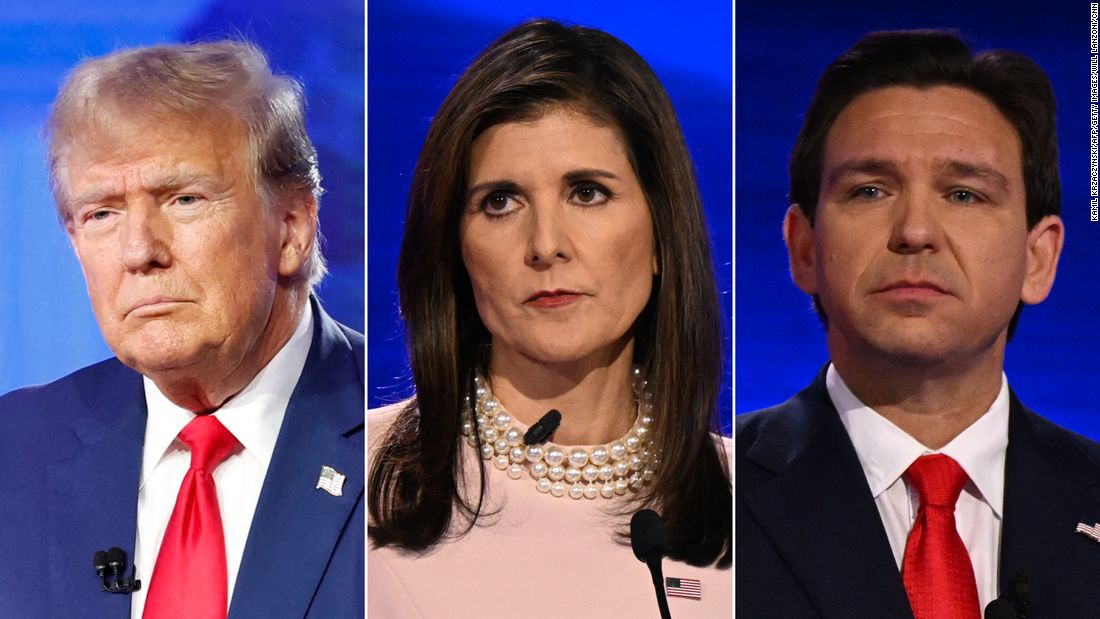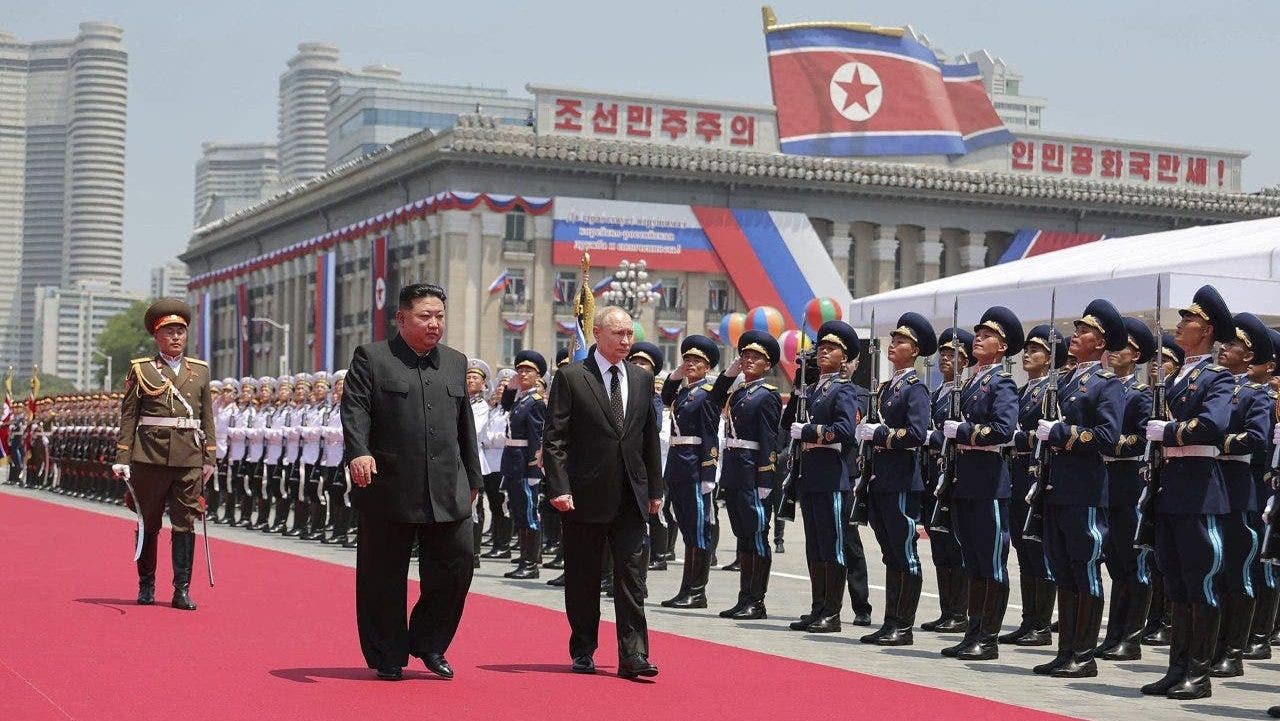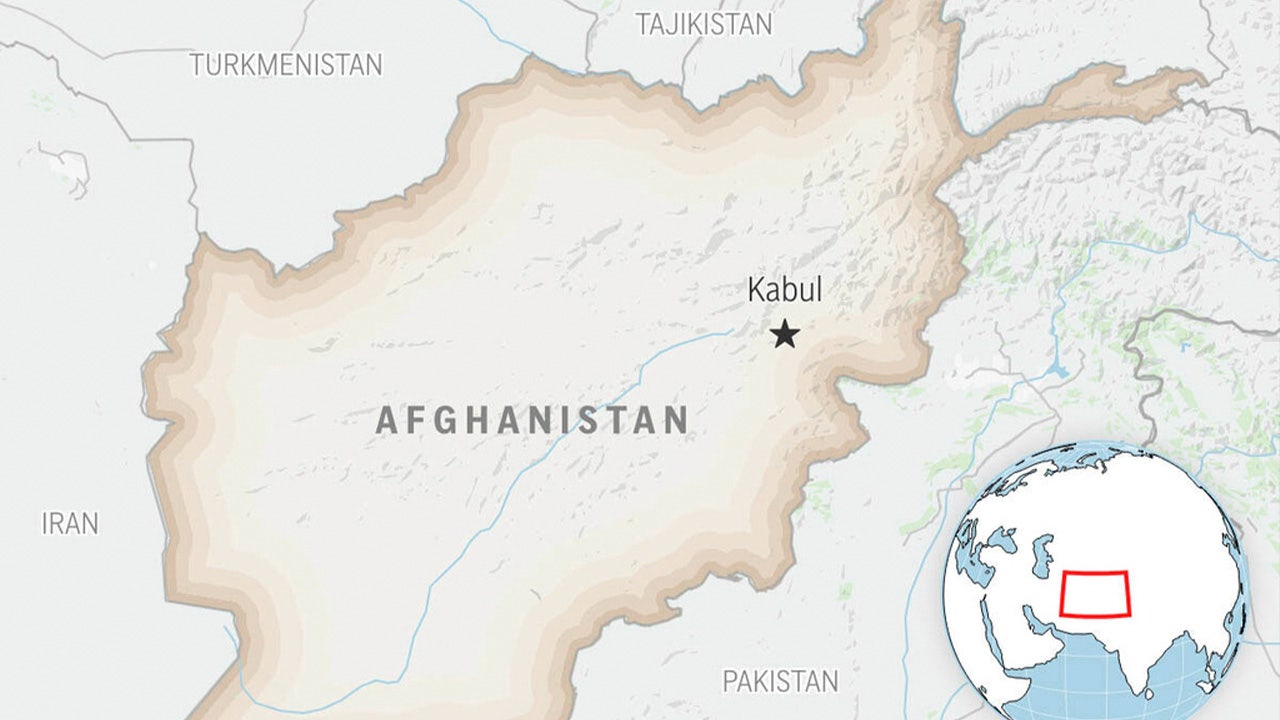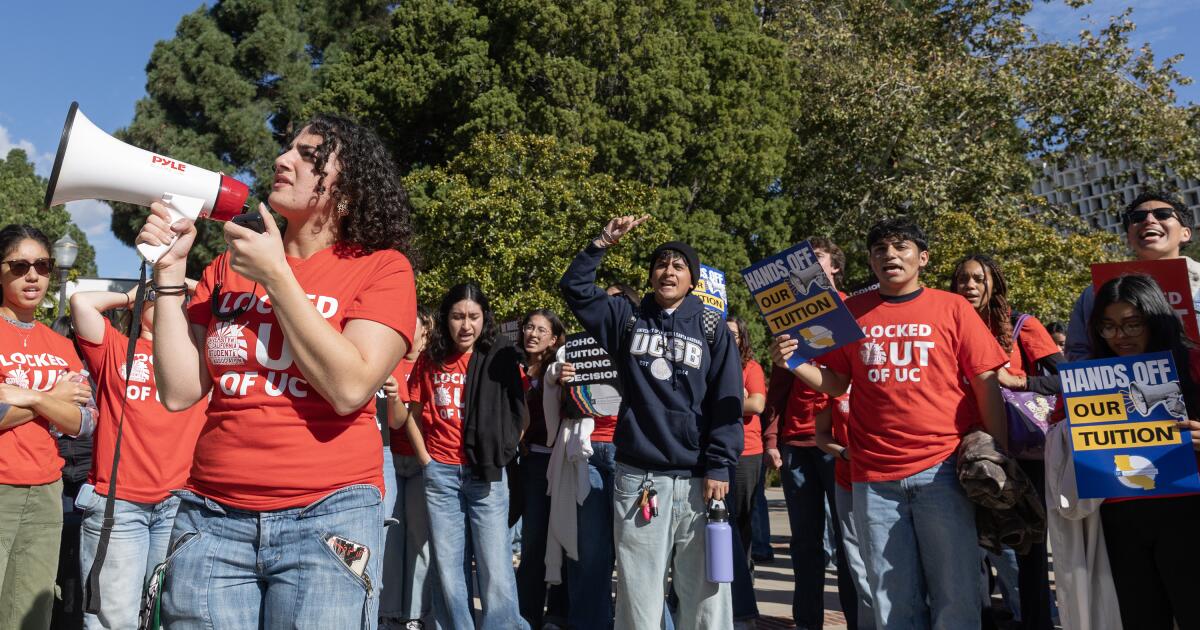Before Americans elect a president in November, they can choose candidates in a series of primaries and caucuses. It is an unstable process that has evolved throughout the country's history and continues to evolve today.
Here are key things to know ahead of Tuesday's New Hampshire primary:
What is a primary? It is an election to select candidates, usually from a particular political party, to appear on the general election ballot.
Who is running in the primaries? For Democrats, Joe Biden is the incumbent president and is running for re-election, making him the incumbent candidate. Some Democrats are challenging him in the Democratic primary, including Rep. Dean Phillips of Minnesota and author Marianne Williamson. For Republicans, former President Donald Trump has long been the front-runner, meaning that in polls he appears to have an edge over the other candidates still in the race. Anti-Trump Republicans appear to be interested in two main options: former South Carolina Gov. Nikki Haley and Florida Gov. Ron DeSantis. Haley has done better in polls in New Hampshire.
Who can vote in a presidential primary? Varies by state. For example, some states have open primaries, meaning anyone can participate in the primaries, even if they are not registered party members. Other states have closed primaries, meaning you have to join the party to vote. Primaries are generally held at polling stations like any other election. That's different from caucuses, which are more like neighborhood meetings. People show up and lobby for their candidates.
How is the nomination ultimately determined? Voters vote for candidates, but they are actually selecting delegates to the party conventions, which take place during the summer. Delegates can be distributed through a Winner-take-all system, meaning the top candidate in a state's primary gets all of that state's delegates, or they can be distributed proportionally to the primary election. results.
Catch up on everything you need know about the presidential primaries.











